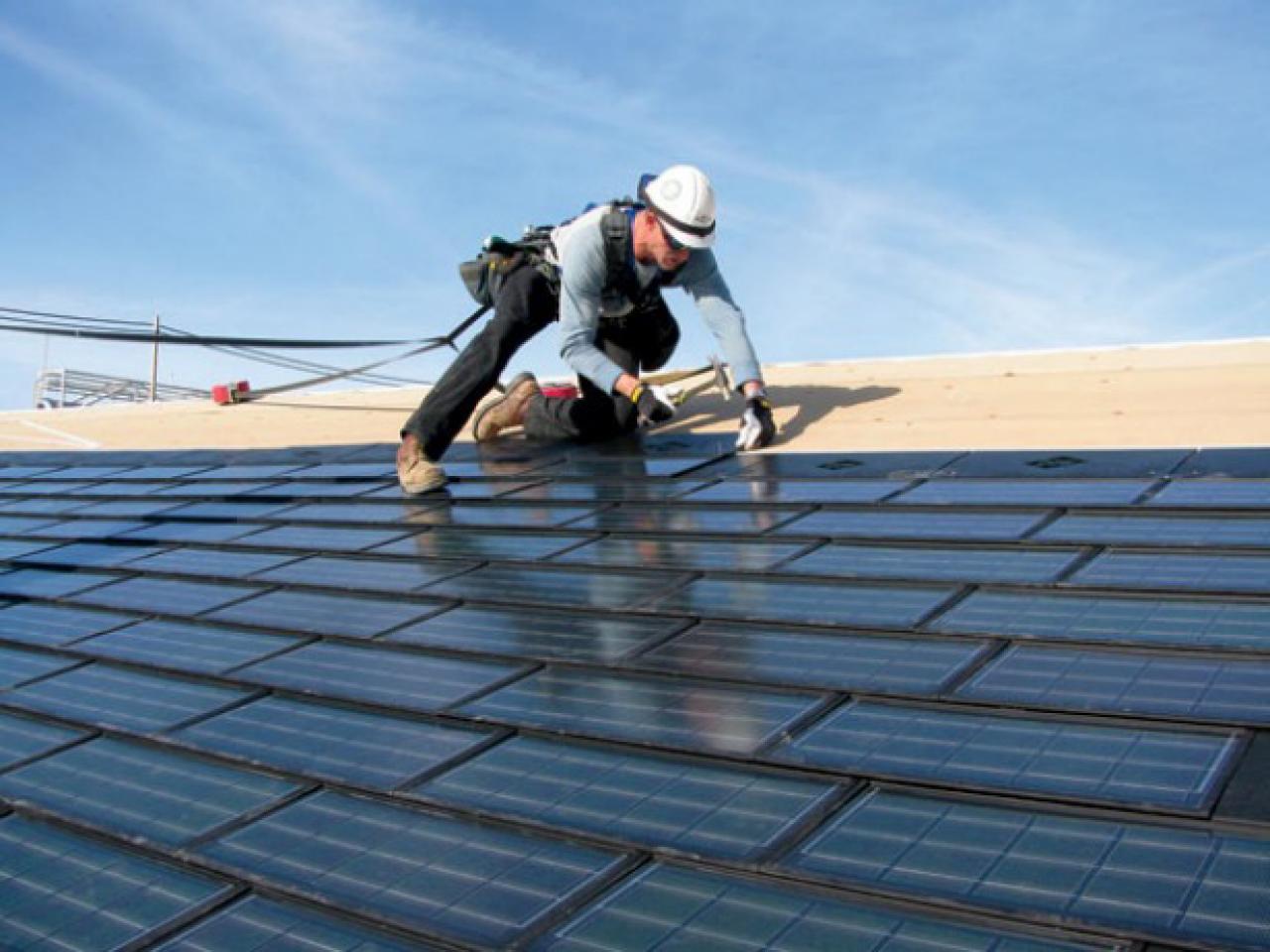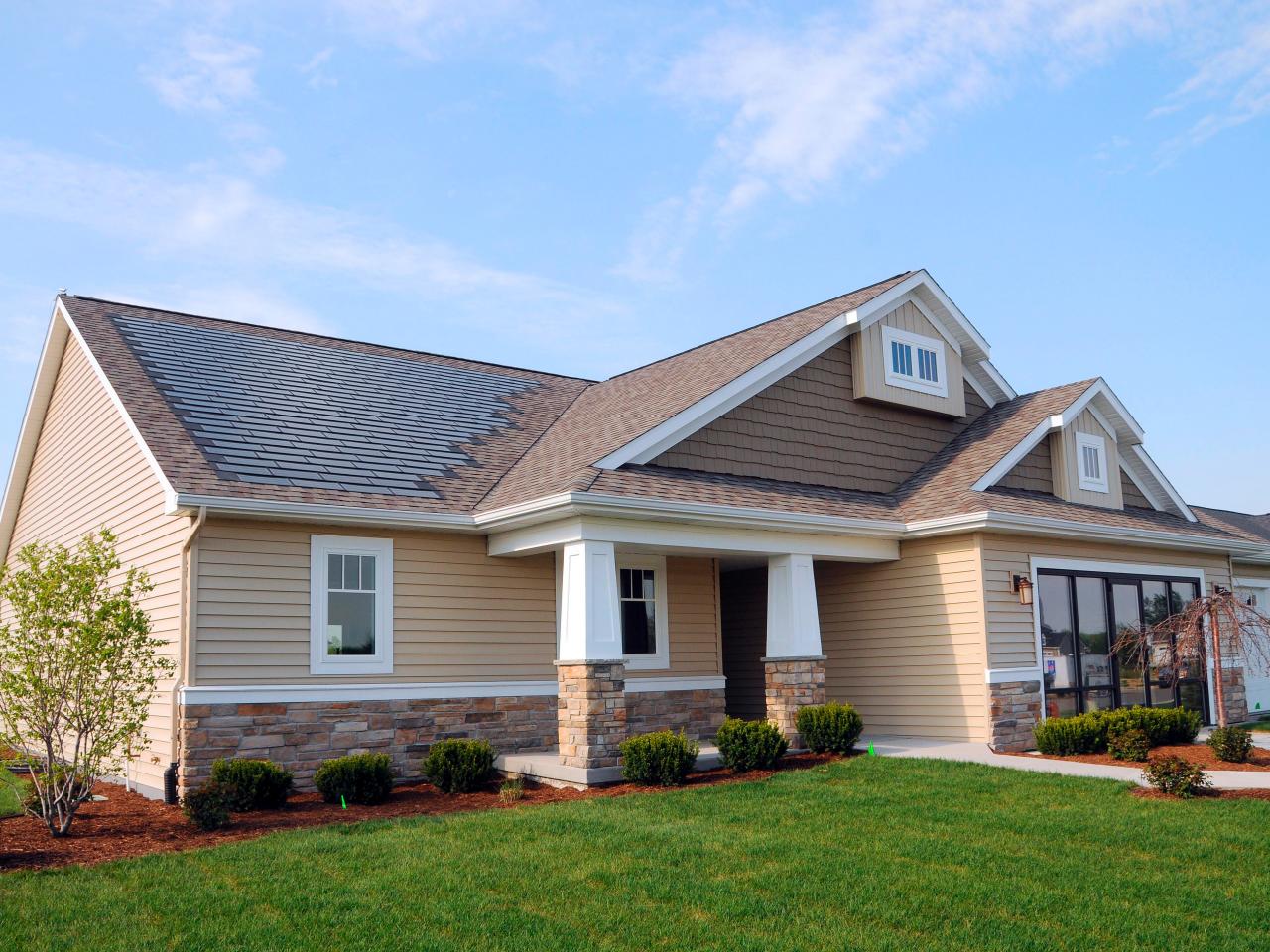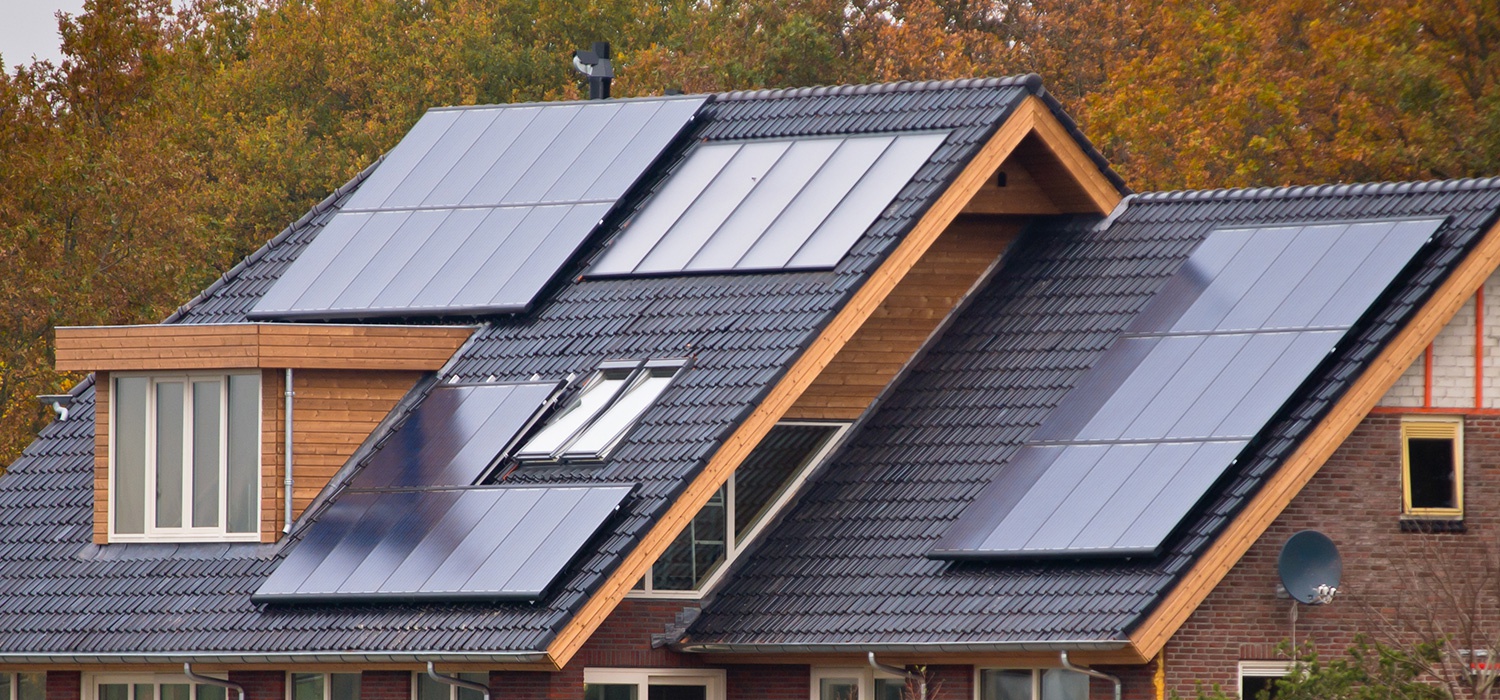Residential Solar Panel Options For Your House: How to choose the best solar panels for home use
What are the best solar panels for home use?
The best solar panels for home use are those that have a long warranty and high energy efficiency. The most important aspect is to choose solar panels that are able to withstand high temperatures and have a low amount of power loss.
How to Choose the Best Home Solar Panels for You
The best solar panel option for your home will depend on your budget, space requirements, and electricity consumption. In general, it is recommended that people install a 5-kilowatt system with at least a 20-year warranty.
There are many different types of solar panels on the market, and it can be difficult to choose the right one for your needs. Each panel has its own benefits and drawbacks, so it’s important to assess your specific needs and preferences before going solar. Some factors you’ll want to consider include:

- The amount of sunlight your home receives
- Your budget
- The size and shape of your roof
- The type of installation you want
- Whether you want to be able to use your solar energy system at night
- The warranty length of the panels
Consider Efficiency
Solar panels are becoming more and more efficient as technology improves. The most efficient solar panels can yield a significant amount of energy savings, so it’s important to choose a panel that will perform well for your needs. Efficiency is one of the key factors to consider when choosing a solar panel. The more efficient the panel, the less space it will require and the less solar PV you will need to install. This can help save on installation costs as well as make your solar system easier to manage. When choosing a solar panel, look for one with an efficiency of at least 15 percent or higher.
Check Warranty Information
When you are choosing solar arrays, be sure to compare the warranties of the different panels. Some solar panels come with a 25-year warranty, which is important to consider when making your decision. If there is a warranty on the solar panel, be sure to follow the instructions carefully in order to get the most out of it.
Compare Price and Efficiency
When choosing a solar panel company, it is important to consider the cost of installation, additional parts, warranty, and availability. Solar panels come in a variety of prices and efficiencies, so it is important to find the right one for your needs. Some photovoltaic solar may be more expensive than others, but they may also have a higher efficiency rating. It is important to compare the prices and efficiencies of different solar modules before making a decision.
Think About Your Home Energy Needs
There are many factors to consider when deciding whether or not solar panels are the right choice for a home. Some of the benefits of solar power include reducing dependence on traditional utility companies, reducing atmospheric pollution, and tax incentives. A homeowner should weigh their specific needs against the pros and cons of solar energy before making a decision. Solar panels come in a variety of types that can meet any need.
What Are the Different Types of Solar Panels?
Solar panels come in a few different varieties, the most common of which are monocrystalline, polycrystalline, and thin-film. Monocrystalline solar panels are made from a single large crystal of silicon, while polycrystalline panels are made from many small crystals. Thin-film solar panels are made from a thin layer of photovoltaic material on a substrate, such as glass or metal.
Which type of solar panel is best for your home depends on your needs and budget.
Monocrystalline solar panels
Monocrystalline solar panels are the most efficient but also the most expensive, so they are mainly used for large-scale solar power plants. The efficiency of monocrystalline solar panels is typically around 15-20%, meaning that only about 15% of the sunlight hitting the panel will be turned into electricity. As such, these solar panels are great for remote locations or commercial applications that use a lot of power, but not ideal for residential installations where land availability and space may be limited.
Polycrystalline solar panels
Polycrystalline solar panels are the most popular type of solar panel for residential installations, mainly because they are cheaper than monocrystalline solar panels and have slightly higher efficiency (around 12-15%). They are made from many small crystals, so they are not as efficient as monocrystalline solar panels but they are still a good option for most homes.
Thin-film solar panels
Thin-film solar panels are the least expensive type of solar panel, but they also have the lowest efficiency (around 5-10%). They are made from a thin layer of photovoltaic material on a substrate, such as glass or metal. This makes them ideal for smaller installations where space is limited and efficiency is not as important.
Do Solar Panel System Require Maintenance?

Solar panels are a great way to reduce your dependence on the grid, and they also work to help keep your home cooler in the summer. However, solar panels do require regular maintenance to remove dust, dirt, and other traditional contaminants, as well as to keep them clean. Shade can reduce solar panel efficiency, so be sure to keep your panels in a sunny spot.
Solar panels work best when they are kept cool and dry. The sun can cause moisture to build upon the panels, which causes them to malfunction. Moisture buildup is prevented through regular maintenance, which also prevents problems like electrical shorts and circuit breakers from occurring.
What Impacts Solar Panel Performance?
The two main factors that impact solar panel performance are the quality of the solar panel and the quality of the installation. Both of these factors are important when it comes to the performance of the solar panel.
If the orientation is even a little bit off, it can compromise the efficiency of your entire system. This is why it’s important to have a professional solar installer come to your home and install your system correctly.
Weather and sun exposure:
If you live in a part of the country that doesn’t get consistent sunlight, or if your solar panels are often under cloud coverage, you’re not going to produce as much clean energy for homes.
Even if you live in an area with less-than-ideal sun exposure, solar panels can still be a viable option. Panels that are designed to work well in low-light conditions will be more efficient in these types of environments. Additionally, using a solar panel system can help reduce your reliance on the grid, which can save you money in the long run.
Cleanliness
While solar panels are fairly low maintenance, you may occasionally need to wipe them down, especially in the aftermath of an intense storm or during a season like spring or fall when there is pollen or falling leaves that can block your panels. If panels become covered with grime or debris, they may not be able to absorb as much sunlight.
If you do need to clean your solar panels, it’s best to use a soft, slightly damp cloth. Avoid using any harsh chemicals or cleaning products, as they could damage the panels. Be sure to rinse the panels well with clean water after cleaning.
Shade
Keep in mind that any shade cast over your roof is going to impact the efficiency of your solar panels. If your house is surrounded by tall trees, for example, that could impede solar production.
If your home is surrounded by tall trees, that could mean that you’re not getting the most out of your solar panels. Trees and other tall objects can cast shadows on your PV panels, which will reduce their efficiency. It’s important to keep this in mind when positioning your home solar panels.

What are the components of a residential solar panel system?
A typical residential solar panel system includes an inverter placed between the solar panels and the main electrical box in your home. This provides AC power to household appliances while also depositing any extra energy into batteries for use at night or during cloudy weather. Solar systems connected directly to your home’s electrical box will come with AC cabling that is connected into each room where you wish to have lighting or access to electricity. A special fuse is used in some cases to prevent too much current from being pulled from one location and potentially causing damage if not distributed evenly among all the available outlets.
A solar panel system is not the same thing as a solar water heater, although they may operate together. A solar water heater will provide hot water to your home while the panels themselves are combined with an electric generator in order to make electricity for your household appliances.
How much will a solar panel cost for your specific house based on your location and energy use?
Solar panels can be installed on your roof and will provide you with a steady stream of electricity. The solar panel cost depends on your location, the size of your roof, and the amount of electricity you use.
Financing for residential solar panels can be a bit confusing, but there are many different solar panel options for your home. Solar loans are a popular way to pay for solar modules, and they allow you to install solar panels without putting any money down. You can also choose to lease solar panels, which is a popular option for people who don’t want to worry about maintaining the system or dealing with repairs. A third-party solar leasing company owns the solar panels, and you pay them an agreed-upon amount for 10 years. Owning solar panels instead of leasing them can save you tax credits in the future.

Net metering is a popular term when it comes to the solar energy system, and it simply means that credits are given to you for the excess energy your solar modules create. You can then use these credits to power things at night or on cloudy days.
Some factors that determine the solar panels cost as described below.
1. Roof Size
The size of your roof determines how many solar panels you will need to install in order to meet your electricity needs. If you can’t fit enough solar panels on your roof, then you might have to look into ground-mounted systems or community solar installations.
2. How much electricity do you use?
If you live in a house with multiple people, then it’s good to know how much electricity each person uses every day. The size of the solar system needed for your house depends on the kWh/person/day value based on average usage rates for your area.
3. State incentives and utility company rebates
Solar rebate programs are available through many utility companies and governments throughout the country, but they can vary a lot based on your state. Solar incentive program information can be found on DSIRE, Database of State Incentives for Renewables & Efficiency.
If you choose to buy solar panels, then the cost may depend on cash or a loan for solar installation. If you take advantage of tax credits and other incentives, then this will have a big impact on the cost. In addition to federal incentives, some states also offer subsidies for homeowners purchasing solar systems. Solar loans are an attractive option because they don’t require any money down, so you can save money from year one when buying solar panels for your house.
Frequently asked questions about solar panel options for your house
How do solar panels work?
Solar energy works through photovoltaic (PV) cells which take sunlight and convert it into electricity useful for household items like lights or appliances. These solar panels are made up of several individual PV cells that are connected together in series to form a larger system with higher voltages and currents, similar to how a battery operates. The main difference is that a solar panel generates direct current (DC) electricity, which needs to be converted into alternating current (AC) in order for regular household appliances to work. This conversion can be done either through inverters placed between the solar array and the appliance or by connecting the appliance directly into the electrical system of your house with a power cable.
How much has the price of residential solar dropped in recent years?
The price of residential solar has dropped in recent years due to the decrease in cost for photovoltaic panels, which have decreased in price by approximately 60% over the last few years.
What do residential solar panel systems typically cost?
A residential solar panels system typically costs around $25,000 before any applicable rebates, which can often bring the total cost down to around $20,000. This price does not include installation costs or electrical upgrades that may be necessary due to an existing PV system. Solar power costs this much because the installation of solar panels is more labor-intensive than installing a centralized power source like natural gas or electricity.
Do solar panels work when the power goes out?
Solar panels do not work when the power goes out, they are designed to be charged by sunlight. Batteries, such as those found in electric cars, can be used to store the energy generated by photovoltaic power panels and allow them to provide electricity during times of darkness. Solar batteries are available, but the cost is still much greater than typical storage batteries.
How many solar panels do you need to power a home?
The amount of solar panels needed to power your home varies depending on the average daily sunlight in that geographic area. A good rule for determining the number of solar panels you will need is 5 to 7 square meters of solar array per every one-kilowatt hour (kWh) used annually, so a 3 kWh per day household would require roughly 15 to 21 square meters of solar panels.
How much power can I generate with solar?
The amount of power that can be generated with solar varies depending on the size and efficiency of the panels. The most efficient systems are typically 50% more power than the average. This means that a 3 kW solar panel system can typically produce 6 kW of power on average depending on shading, temperature changes, etc. A costs solar power system is typically purchased in the form of a kit, which includes the panels, inverter, and other necessary equipment. The average cost for a solar power system is estimated to be around $25,000 before applicable rebates.
What is solar leasing?
Solar leasing allows you to use a pre-installed solar system without paying for its full cost or any installation costs. Leasing companies will provide the financing, maintenance, and other services associated with owning a solar system while providing clean energy at an affordable price. Be sure to compare different leasing options before signing on the dotted line so that you fully understand your agreement. This should include whether or not they offer guarantees regarding how much power their systems can produce as well as terms for what happens if you move out of the house where the panels are installed.
